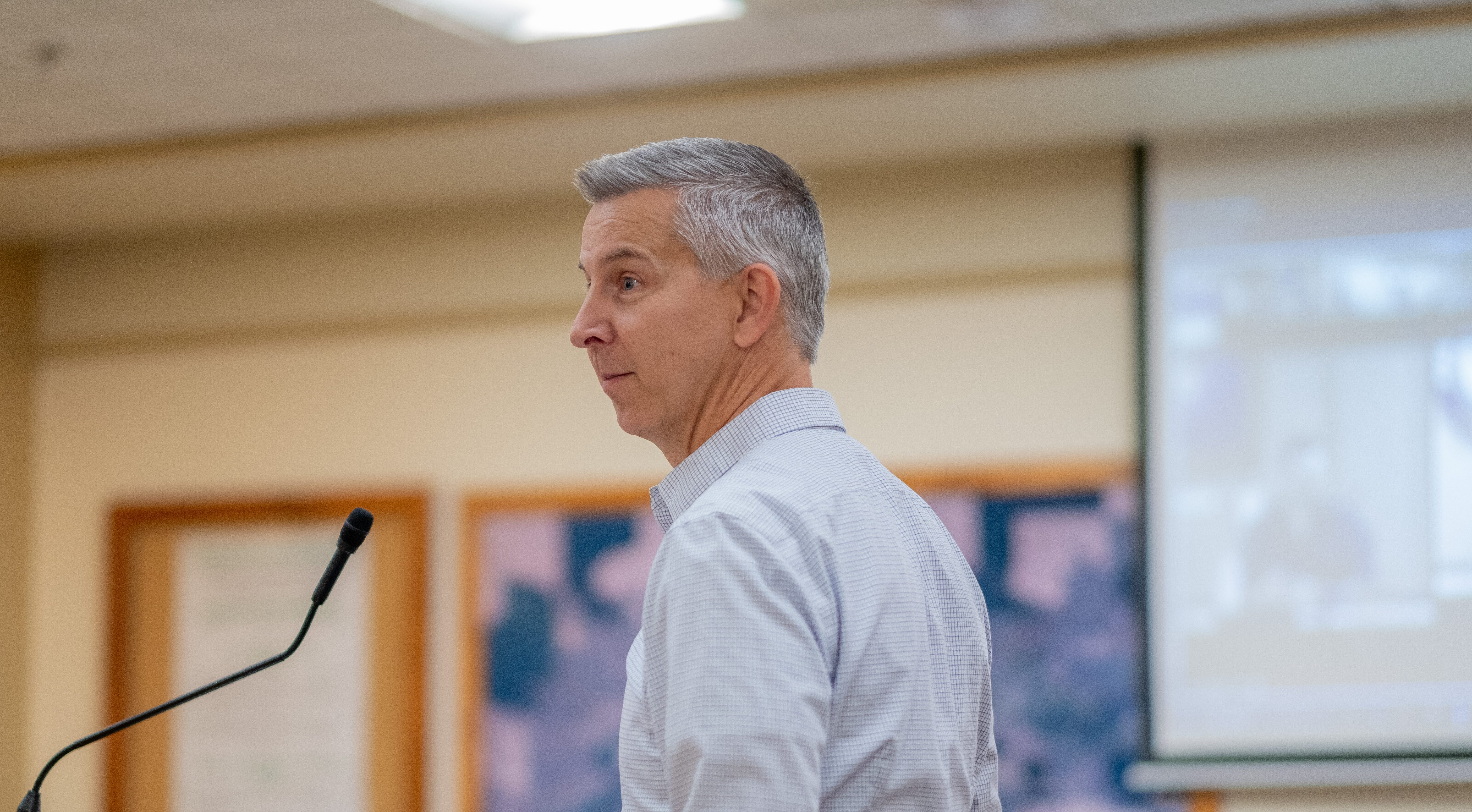Oregon farm groups oppose water injunction bill
Published 12:30 pm Friday, March 24, 2023
Several farm groups oppose legislation to allow Oregon water regulators to seek injunctions against illegal water use, fearing the new authority would be too far-reaching.
In recent years, the state’s Water Resources Department has documented a surge in water law violations that are often connected to illegal marijuana production.
Trending
“These violations consume our most precious natural resource with impacts on livelihoods, on wildlife, on water quality, on recreation, on tourism and more,” said Rep. Pam Marsh, D-Ashland.
To more rapidly halt water theft and related problems, Marsh has introduced House Bill 2929, which would expand the agency’s ability to request injunctions in state court.
Currently, OWRD can file for injunctions to ensure compliance with its dam safety and well construction standards, but not to stop the unlawful diversion or storage of water.
Instead, the agency follows an administrative process, ordering the unlawful activity to cease with a “notice of violation” and then imposing civil penalties if it does not.
Supporters of HB 2929 say this mode of enforcement can take months or even years, which is too long when illegal water use threatens irreparable harm to agriculture and the environment.
“Constituents in my district cannot wait for bureaucracy to run its course while crops wither, livestock suffers and fish die,” Marsh said during a legislative hearing March 23.
Trending
For example, OWRD has encountered unpermitted reservoir construction, interference with irrigation head gates and unlawful pumping that dewaters creeks during low summer flows.
It’s widely known that such abuses occur, yet existing remedies aren’t fast enough to prevent adverse effects for legal water users, said Peter Salant, a cattle rancher near Jacksonville, Ore.
“By then the water is long gone and the need for irrigation has passed,” he said.
As a member of the Oregon Farm Bureau, Salant said he’s “vexed” the group has come out against the bill, seemingly siding with those who are stealing water.
While the organization also wants to end illegal water use, which threatens its members, it considers HB 2929’s expanded injunction authority an “unacceptable threat,” said Lauren Poor, its vice president of government and legal affairs.
“The Oregon Water Resources Department already has the authority to stop illegal water use,” she said.
The bill is opposed by an agricultural coalition that includes the Farm Bureau, the Oregon Cattlemen’s Association, the Oregon Dairy Farmers Association, the Oregon Association of Nurseries and the Oregon Water Resources Congress.
State water regulators rarely use their existing enforcement tools and haven’t justified expanding their injunction-seeking power beyond its original intent, according to the coalition’s written testimony.
Under current procedures, irrigators who’ve wrongly been “regulated off” water sources can challenge OWRD’s administrative orders in court, the coalition said.
By invoking judicial review, water users temporarily suspend the enforcement of such orders under the “automatic stay” provision of state water law.
Controversies over the provision have previously spurred legislative proposals to eliminate or curtail the “automatic stay,” but it ultimately survived with some additional administrative requirements.
Opponents fear HB 2929 would effectively reverse the existing process, since OWRD would initiate the legal action and irrigators would defend against it.
“We are concerned this reversal would not afford legal water users the same opportunity to challenge incorrect agency determinations,” the coalition said.
Though OWRD hasn’t taken a position on the bill, the agency said it would only use the injunction authority under justified circumstances.
“Voluntary compliance is always our first course of action,” said Bryn Hudson, the agency’s legislative coordinator.
If the bill passes, regulators would still need to support an injunction with facts a court would find persuasive, she said. “It does not guarantee we’ll get it but it does allow us to file the petition.”










